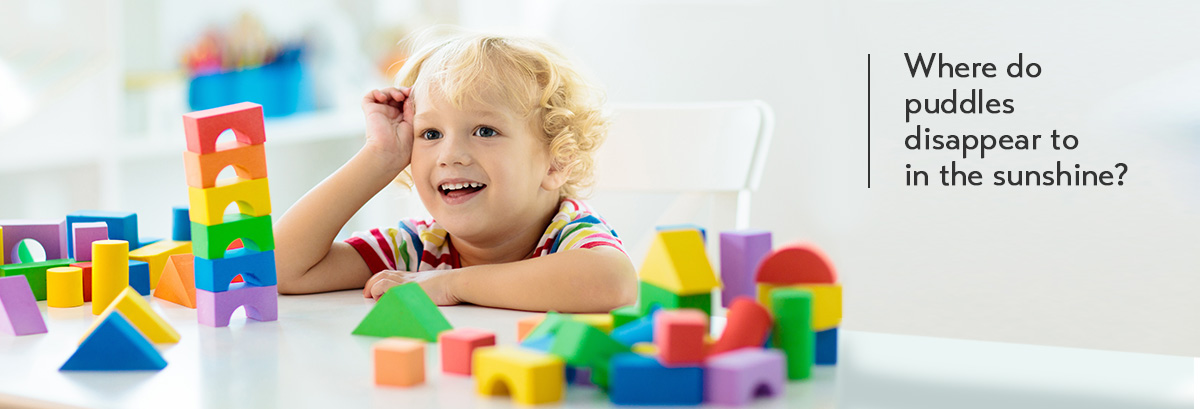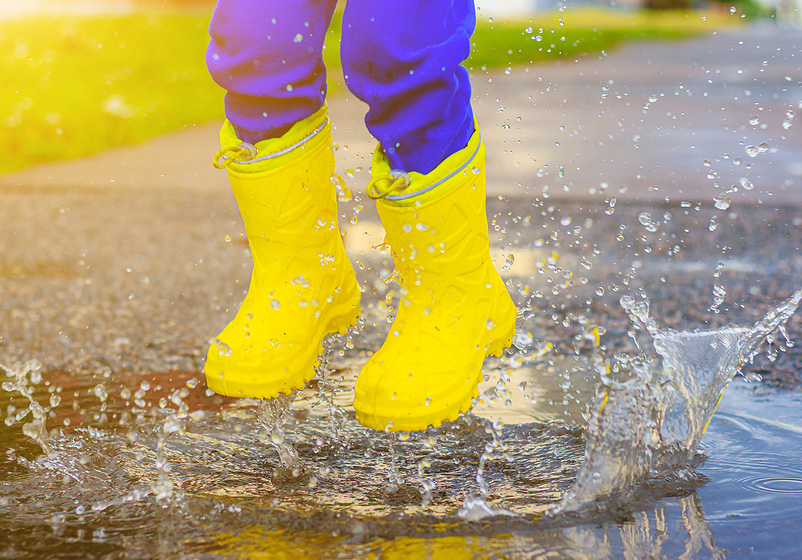
Photo: FamVeld / Shutterstock
Thinking skills - a curious child learns by trying and investigating
A child is naturally curious. Little chats and moments of wonder are interesting to both the child and parent. You can guide a child’s thinking, but you should also leave room for their own creativity – even when it comes to thinking.
How can you support your child’s developing thinking skills?
Let your child play, experiment, try again, and see the relationship between actions and reactions. While building a tower of blocks, a child tries to place the block one way. If the block falls, they try again in a different way.
Allow your child time to think and try again. Don’t solve the problem for them.
A child is eager to ask questions. Don’t always offer an answer but rather encourage them to think about the answer themselves. “What do you think it could be?” “Where do you think we could find more information about this?”
While you play, you can think together about what happens if you act in a certain way. What happens, if you do something else?
Encourage your child to find different solutions. You can also “think aloud” to give your child an idea of your own thought process.
Critical thinking is one of the most important tools in the future. It is needed to solve problems as well as to understand the relationships between different things. Critical thinking is enforced by a stimulus-rich environment and a positive atmosphere. When a child is encouraged to wonder and investigate, you also increase their motivation to learn new things.

Photo: alenka2194 / BigStock.
Think and wonder about different phenomena together. “Where do puddles disappear to in the sunshine?”
“Why does oil float on top of water, when you pour a little bit of oil in a glass of water? And what happens, when you add a drop of washing-up liquid?” Come up with your own little experiments.
Talk about stories. Read the beginning of a story and think about what happens after, and why. What else could have happened?
In the modern world, there is no shortage of stimuli, but it’s important to also allow some space for boredom. That leaves time for one’s own thoughts.





